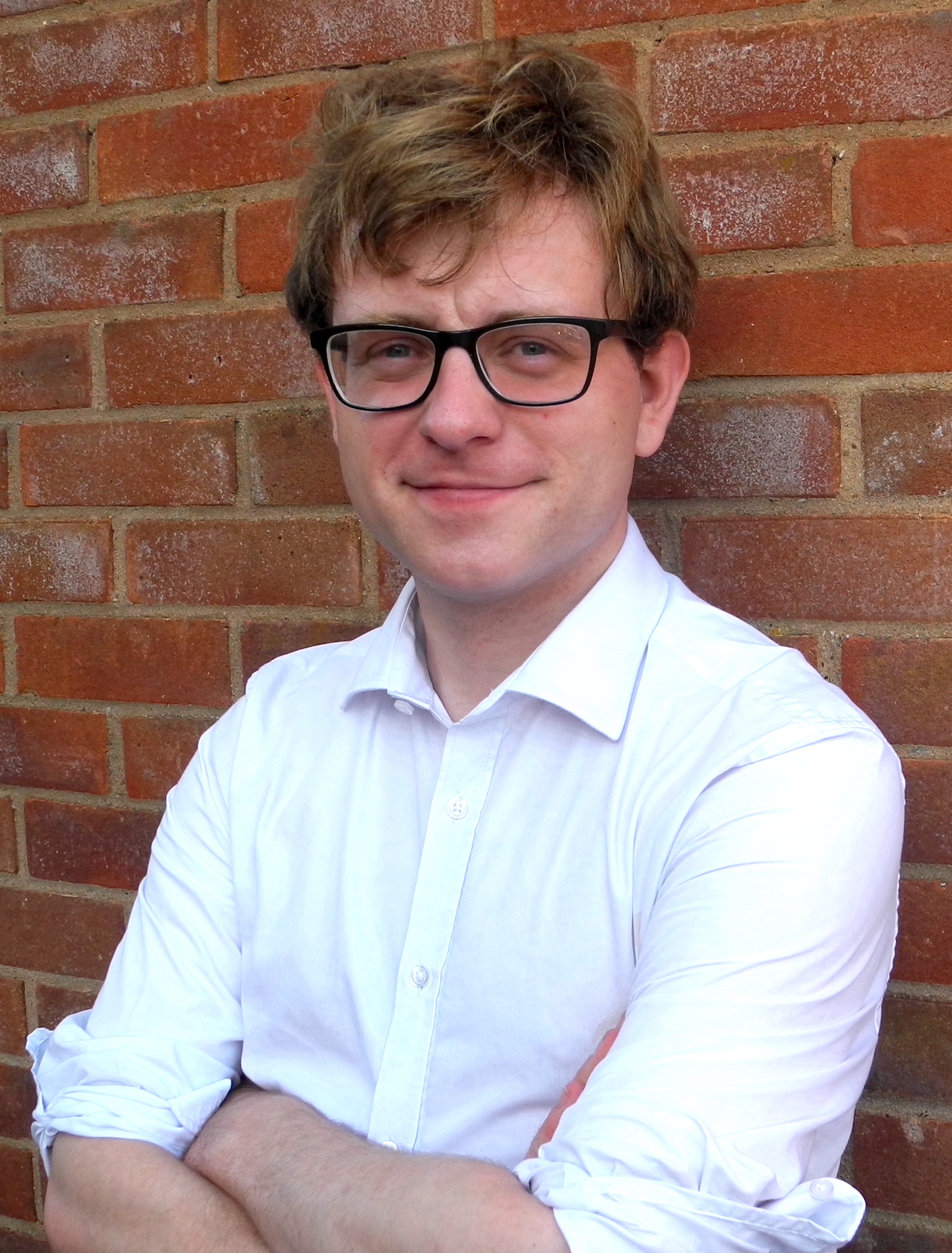Lecturer in Medieval Studies, Edward Mills, talks about what is it like to study and work at University of Exeter. He gives some tips for things that worked for him.
Background
No-one will have the same experience of university. However, you might find it helpful to find out what other autistic students have to say about their experience of being at University of Exeter. Edward talks about discussing his autism and getting to know himself better.

I have been based in Exeter for a little over five years now, having arrived as a fresh-faced PhD student in 2016. Several years (and one doctorate) later, I’m still here, and am still working at the University. When I’m not working, I enjoy playing in a brass band and building scale models, which may go some way towards helping you guess that I’m also autistic.
I’m based across two Departments at the University – History and MLC (Modern Languages and Cultures). My official job title is ‘Lecturer in Medieval Studies’, a rather grand way of saying that I think, write, and teach about the world between around 500 and around 1500. During the academic year, most of my time is spent on the last of these three tasks, as I teach classes on topics ranging from medieval gender and sexuality through to the uses of the French language in medieval England.
I received a diagnosis of autism very late: specifically, around 24 hours before I was due to graduate from my undergraduate degree. The diagnosis provided an explanation for why I’d had difficulties for so long in certain areas, from ‘fitting in’ with others to managing my time effectively, and while it certainly doesn’t act as an excuse nowadays, it also provides me with a framework that’s helped me to understand myself better. It took me several years from being diagnosed with autism for me to start talking openly about it, after a few difficult experiences during the initial few months of my PhD. Once I’d begun to discuss being autistic more openly, I found myself becoming increasingly more comfortable in myself, and started ‘leaning in’ to parts of my personality that I’d previously tried to hide.
Since then, I’ve been fortunate to receive nothing but support from colleagues at the University, but this doesn’t mean that it’s all been plain sailing. Teaching requires a great deal of energy, and when you’re also processing consciously things that other people might do instinctively – body language, tone of voice, and so on – it can be difficult to pace oneself adequately to remain productive throughout the day. Being honest with yourself (and others) helps immensely, as does having somewhere quiet to go and sit (whether that’s a common room or an office).


 Back
Back